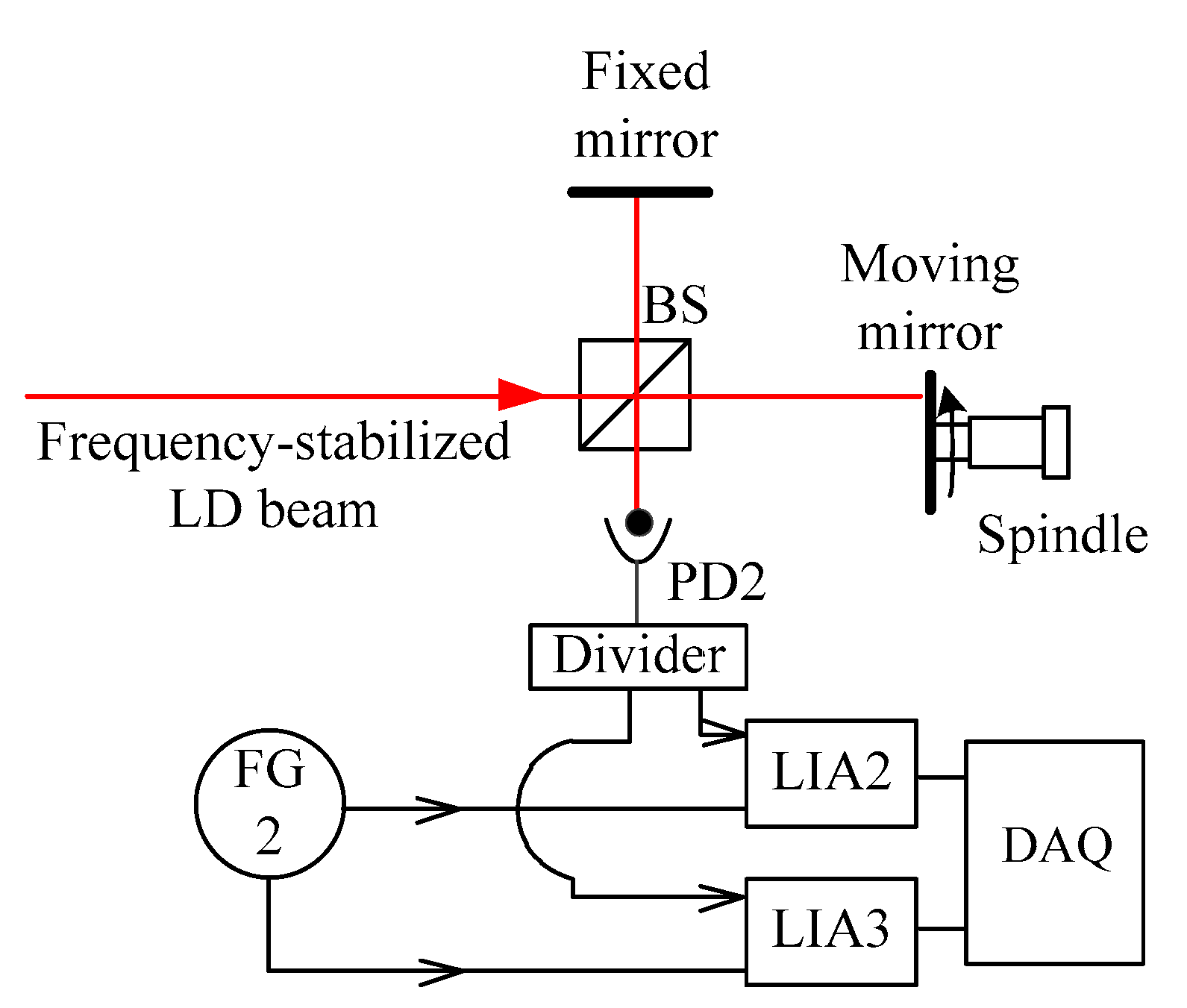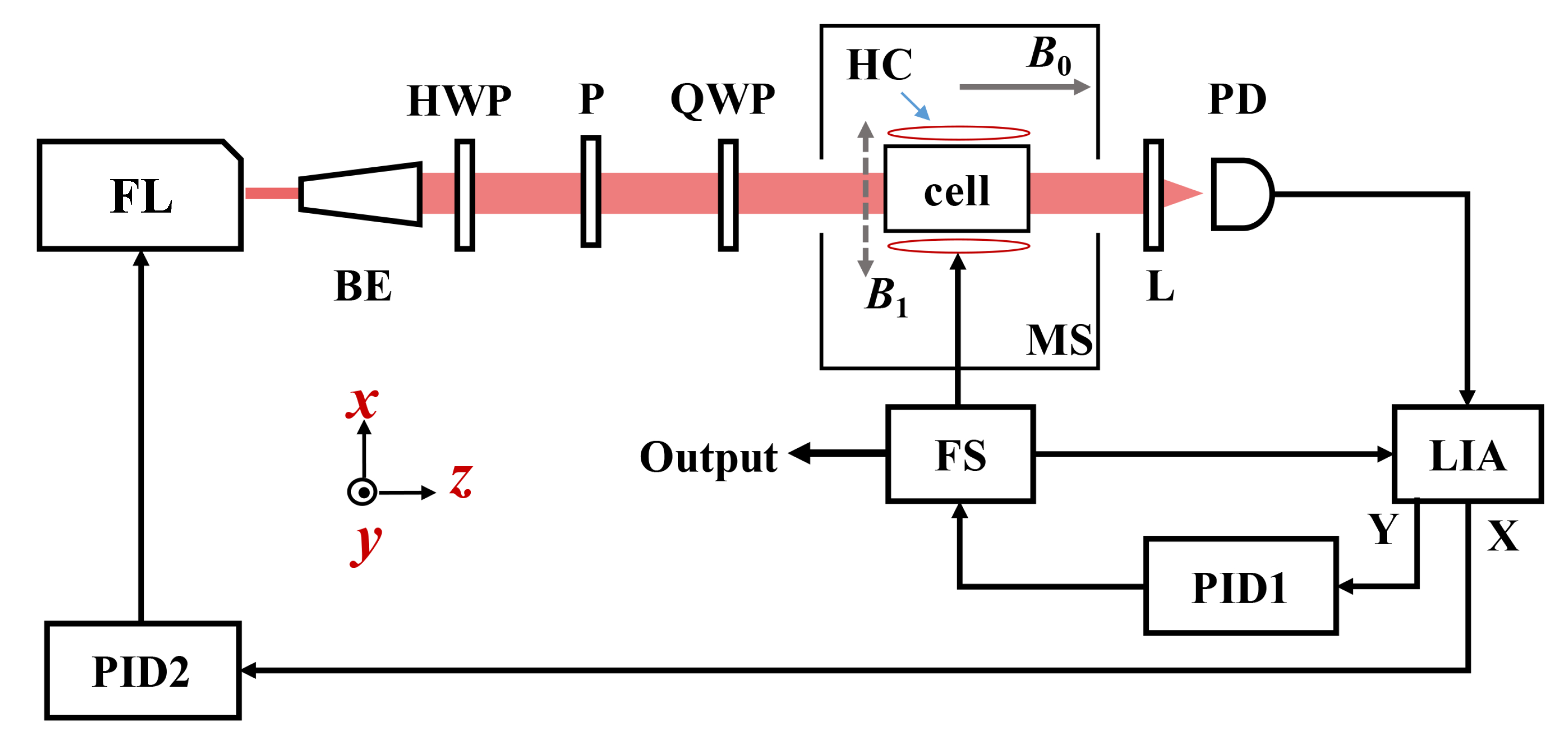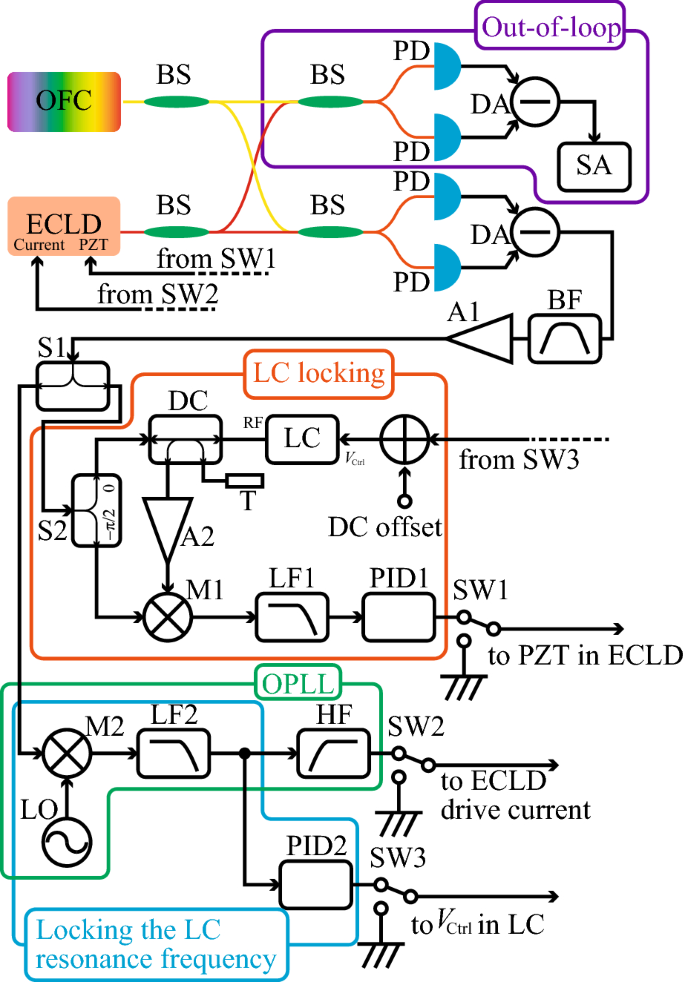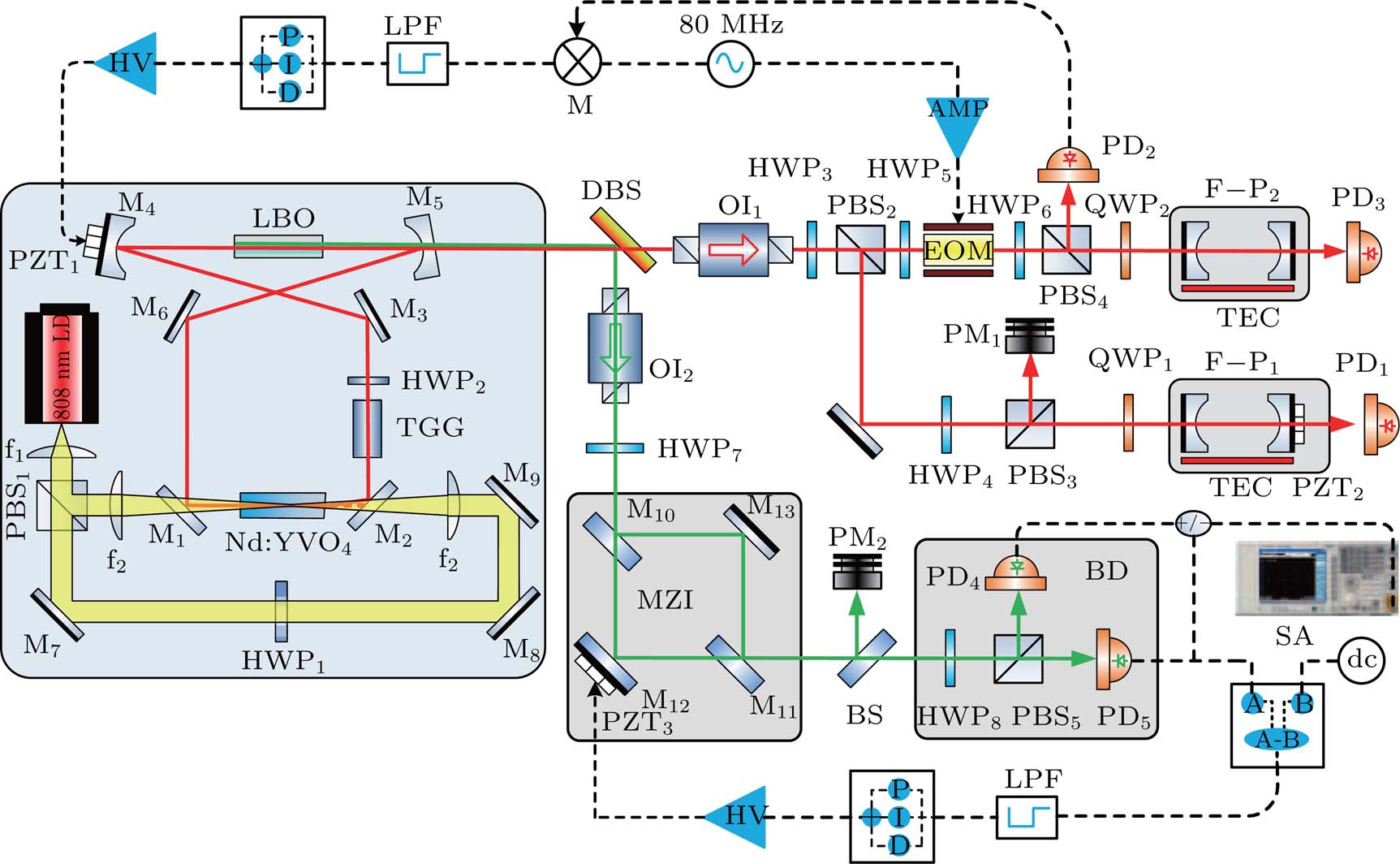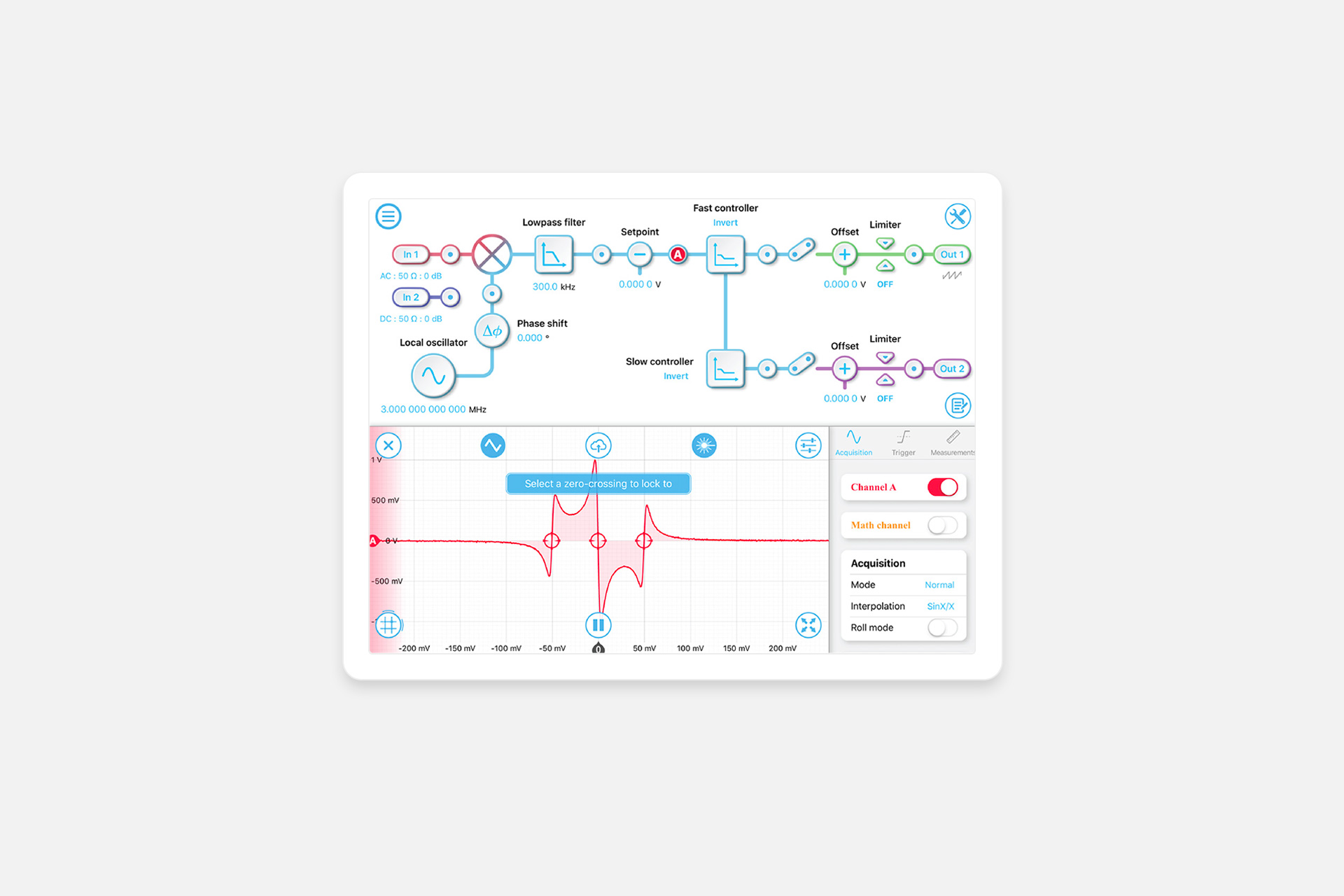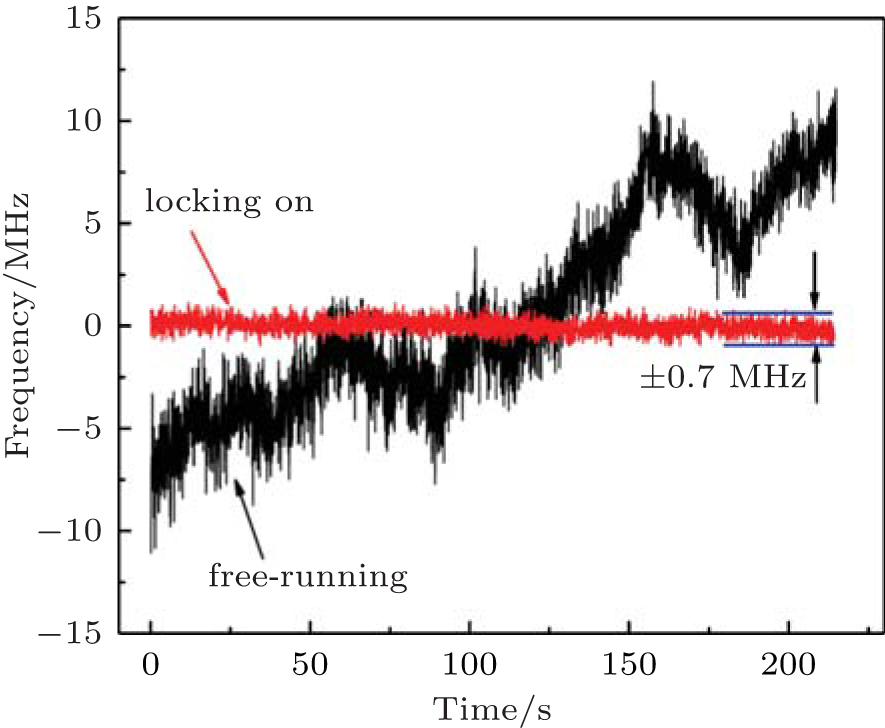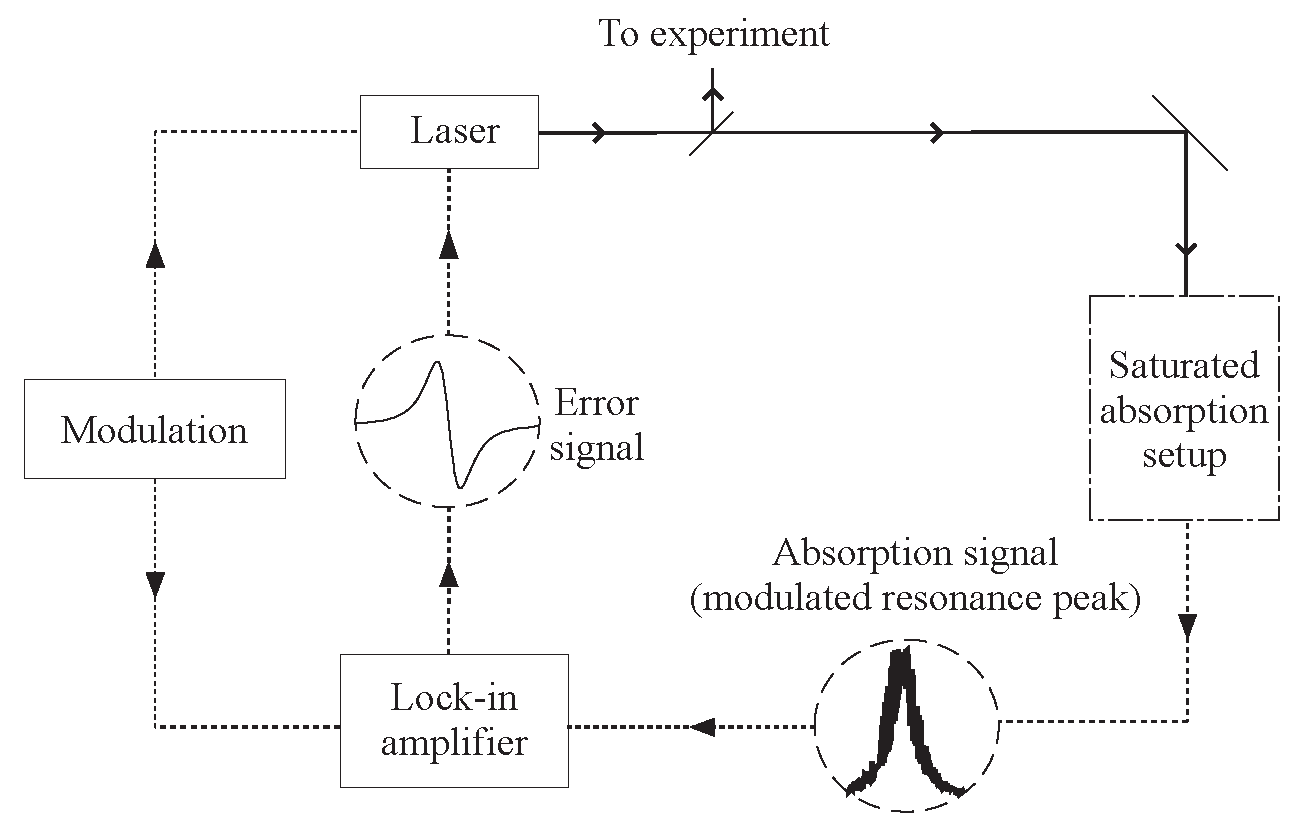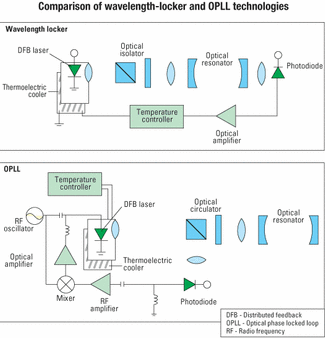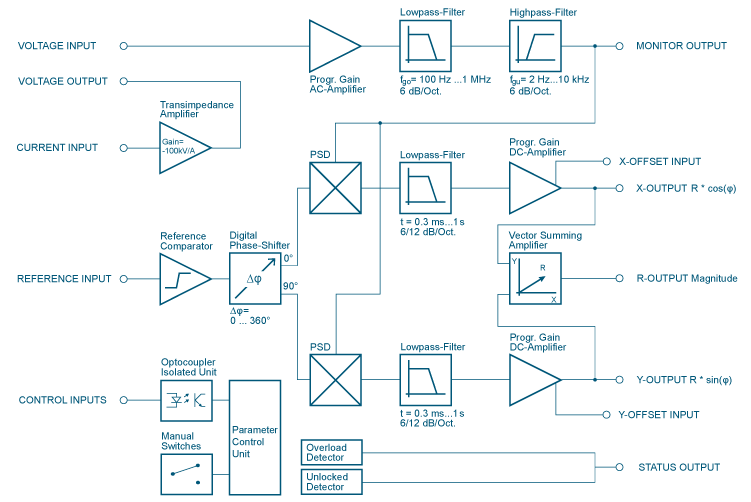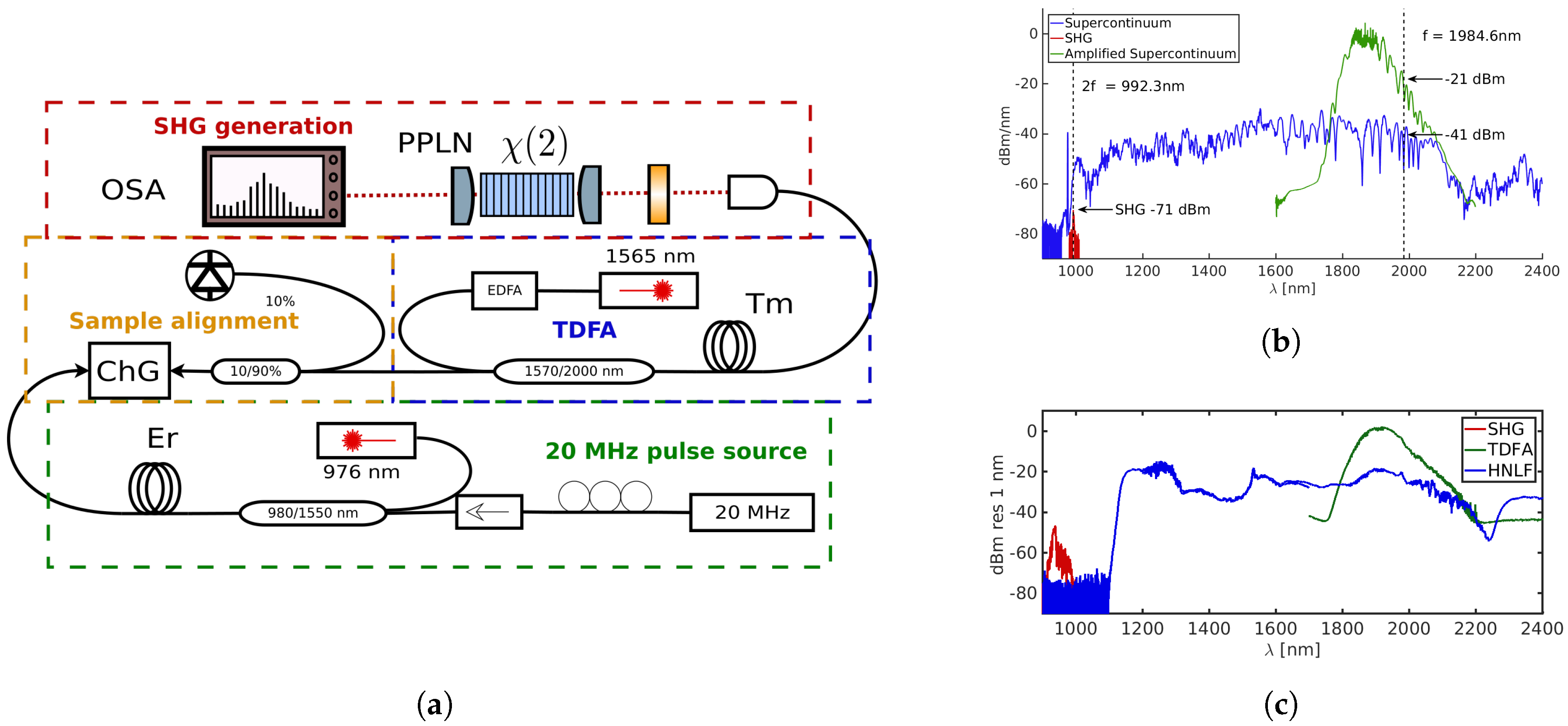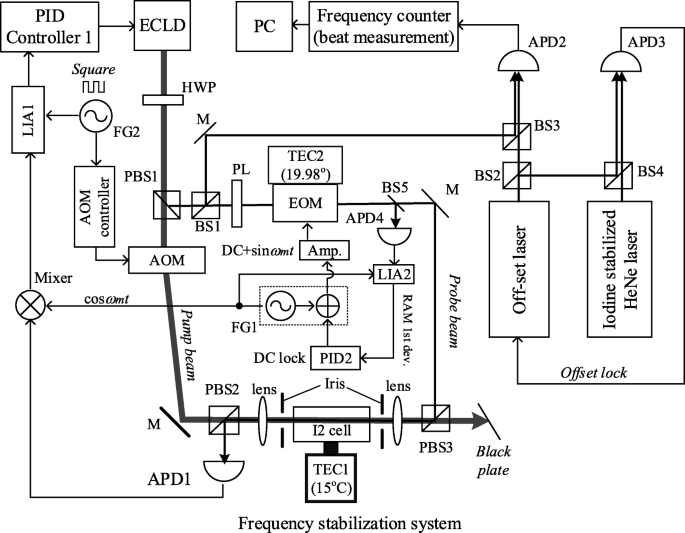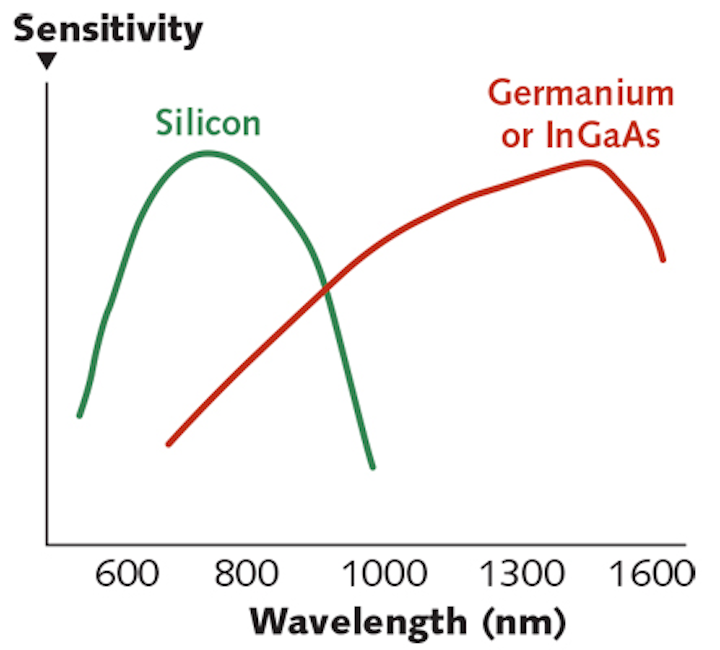A simple physical explanation is presented to describe the shape of the feedback signal generated by the lock in and the dependence of this signal on the phase of the reference signal.
Laser frequency stabilization using a lock in amplifier.
We describe how a lock in amplifier can be used in a feedback loop to lock the frequency of a laser to an atomic transition in 85rb.
This lock in has been used in a feedback loop to lock the frequency of a laser to an atomic transition.
Depending on the dynamic reserve of the instrument signals up to 1 million times smaller than noise components potentially fairly close by in frequency can still be reliably detected.
Request pdf tutorial.
Laser frequency stabilization k.
A lock in amplifier is a type of amplifier that can extract a signal with a known carrier wave from an extremely noisy environment.
This lock in has been used in a feedback loop to lock the frequency of a laser to an atomic transition.
They are used in a vast range of applications including atomic physics radio frequency engineering materials science precision laser metrology and many.
Laser frequency stabilization using a lock in amplifier we describe how a lock in amplifier can be used in a feedback loop to lock the frequency of a laser to an atomic.
The feedback loop involves obtaining a modulated saturated absorption signal from a vapor cell using an acousto optic modulator to modulate the laser frequency.
In order to eliminate the noise and improve the signal to noise ratio a lock in.
We describe an inexpensive lock in amplifier that can be built using discrete off the shelf rf components and home built analog circuits.
A simple physical explanation is presented to describe the shape of the feedback signal generated by the lock in.
We describe an inexpensive lock in amplifier that can be built using discrete off the shelf rf components and home built analog circuits.
Lock in amplifiers are versatile instruments that can be used to recover the magnitude and phase of weak oscillating signals buried under overwhelming noise.
We describe how a lock in amplifier can be used in a feedback loop to lock the frequency of a laser to an atomic transition in 85 rb.
Frequency stabilization of our laser to an external reference frequency.
The frequency stability was tested by trapping rubidium atoms.
Lock in amplifier is used to detect a laser frequency change and produce a signal voltage which.
The frequency stability was tested by trapping rubidium atoms.
The feedback loop involves obtaining a modulated saturated absorption signal from a vapor.
By using of polarization spectrum a laser frequency stabilization system for cr atom lithography was designed.
